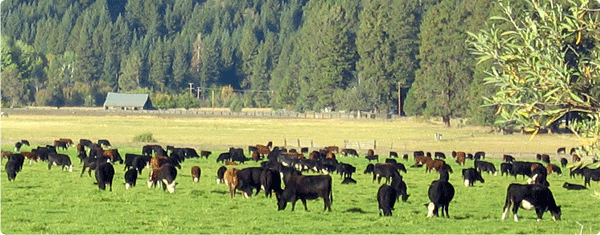by Katy Grimes
As Appearing in the California Globe
Most food items will face higher property taxes several times, as they travel from the farm to processing, packaging, distribution, and grocery store
Agriculture was always considered sacred in the eyes of California’s property taxing agencies, and especially under Proposition 13. But that could change with the split roll property tax ballot initiative in November 2020.
Prop. 13 was a 1978 ballot initiative to cap property tax increases for residential and business properties and provide certainty, so property owners would not be taxed out of their homes and businesses. Passed by 65% of California voters in 1978, Prop. 13 put a Constitutional cap on annual property tax increases. Prior to passage of Prop. 13, many seniors and those living on fixed incomes were forced from their homes because of skyrocketing property tax increases. According to the Howard Jarvis Taxpayers Association, author of Prop. 13, some properties were reassessed 50 – 100% in just one year.
The 2020 ballot initiative misleadingly called the “California Schools and Local Communities Funding Act of 2020,” known more commonly as the “split-roll” tax initiative, would reassess properties and hike taxes on all commercial and industrial properties, including manufacturing plants, retail stores and malls.
The split-roll property tax measure will also remove Prop 13’s protections for California farmers, triggering annual reassessments at market value for all agriculture-related facilities and improvements.
This amounts to a $12.5 billion-a-year split-roll property tax measure, and is backed by the state’s major labor unions, the SEIU, and California Teachers Association chief among them with its $6 million in contributions toward the effort.






